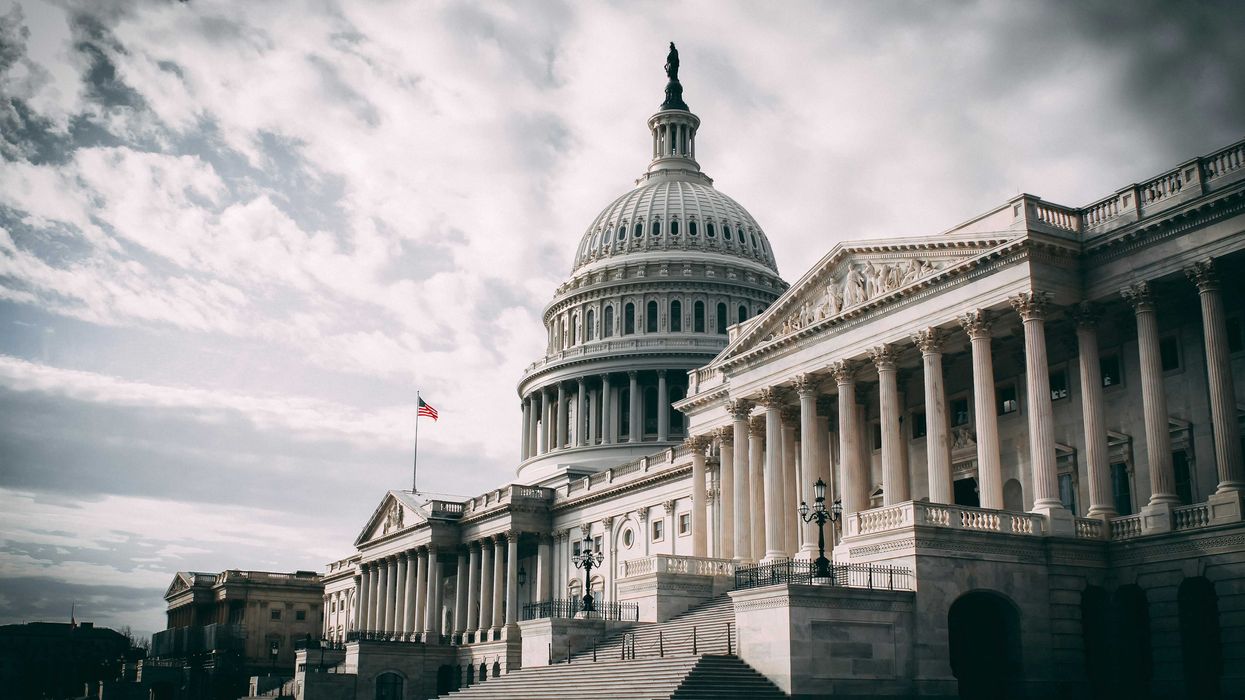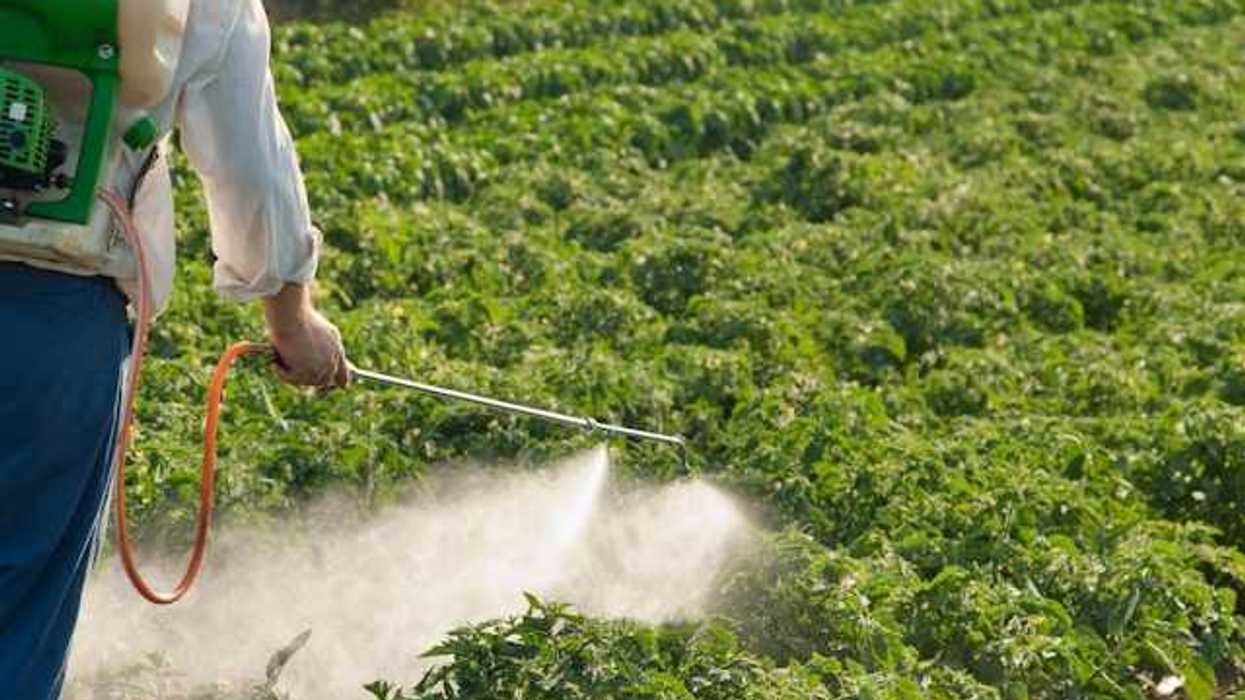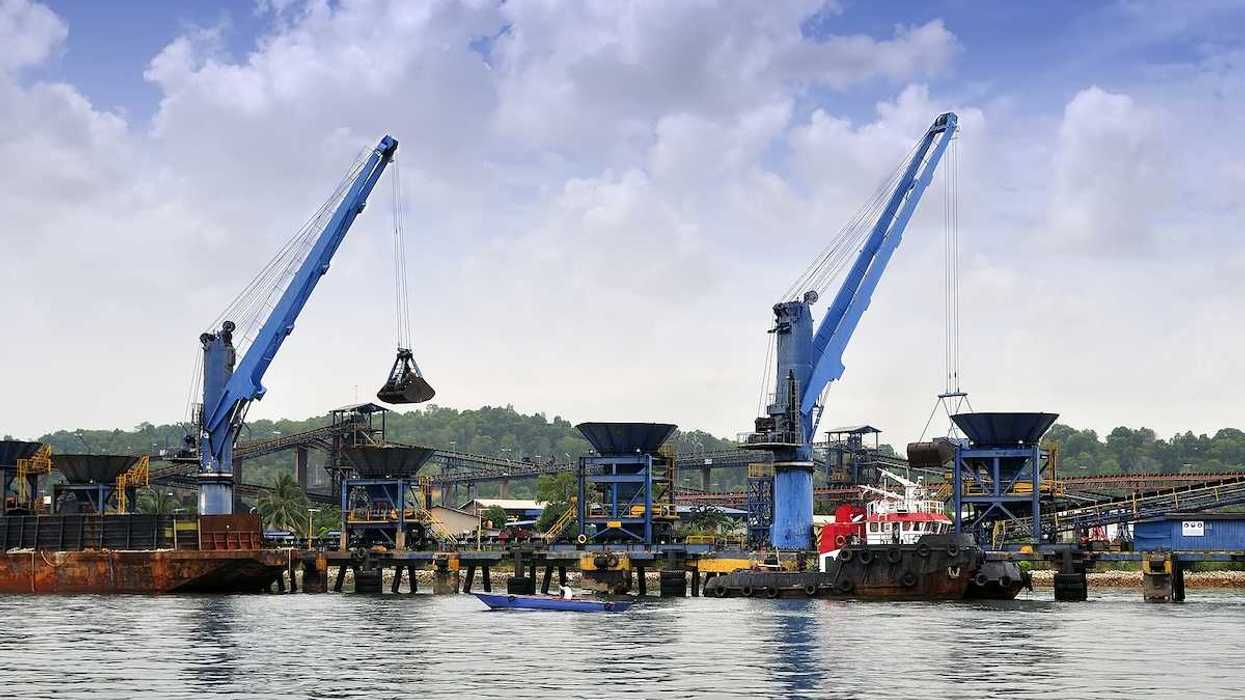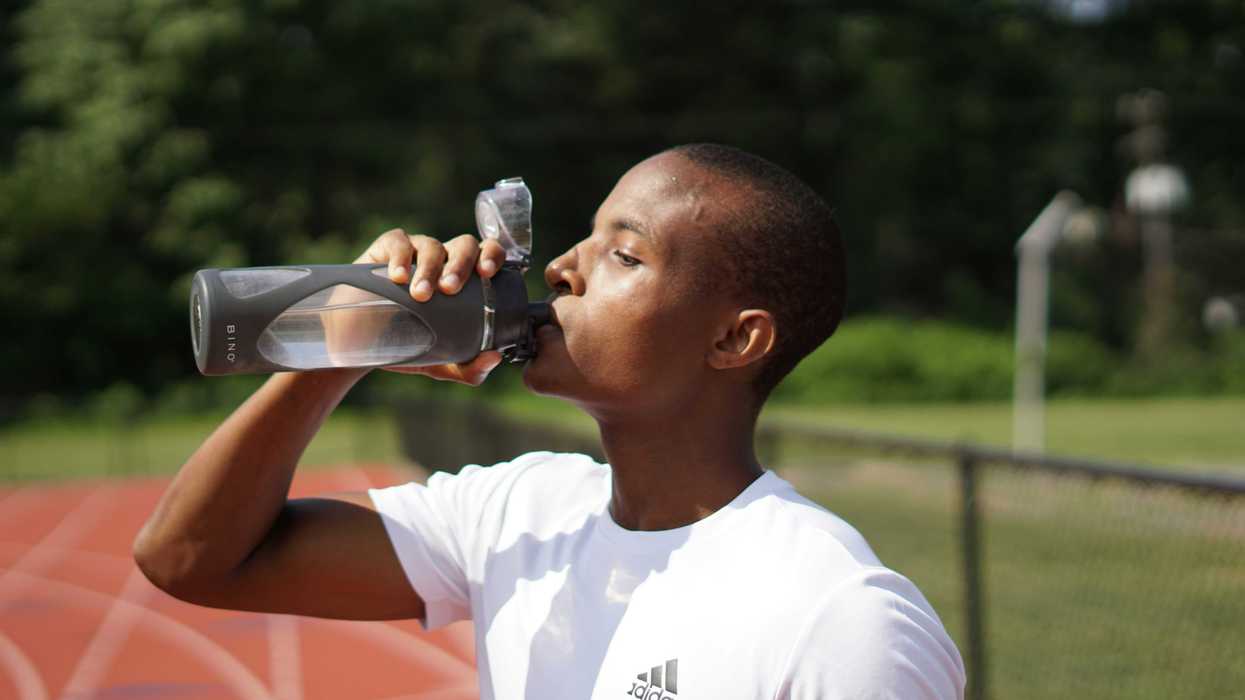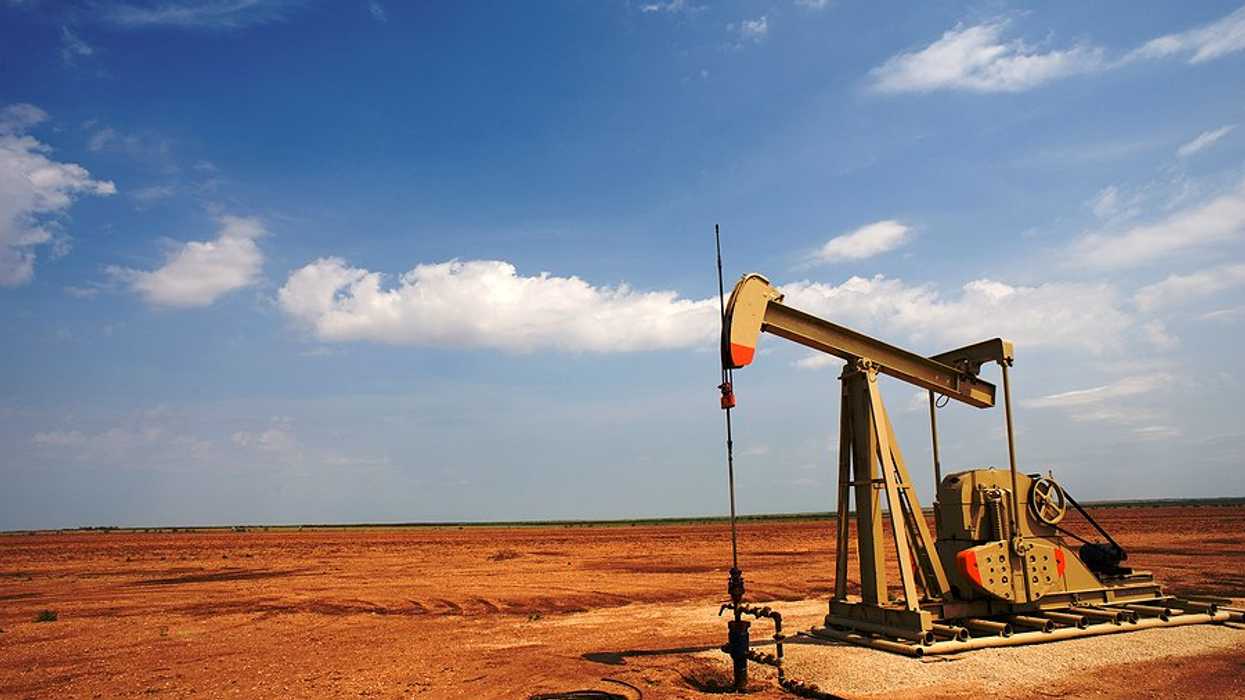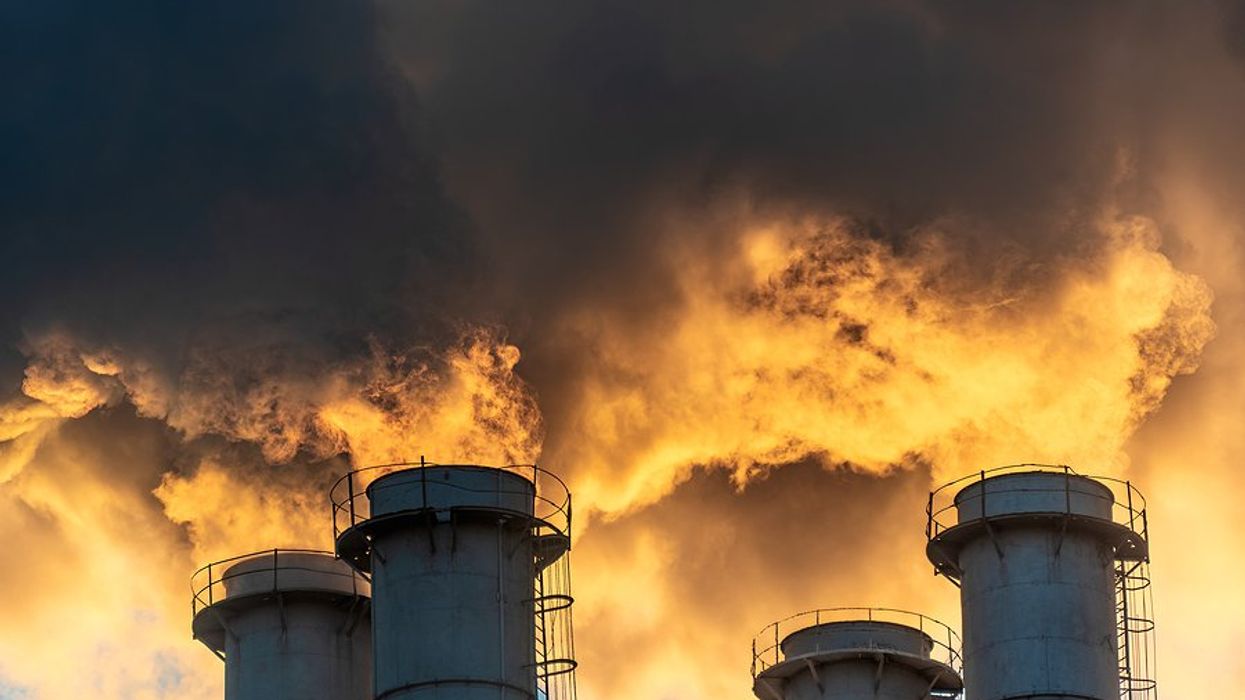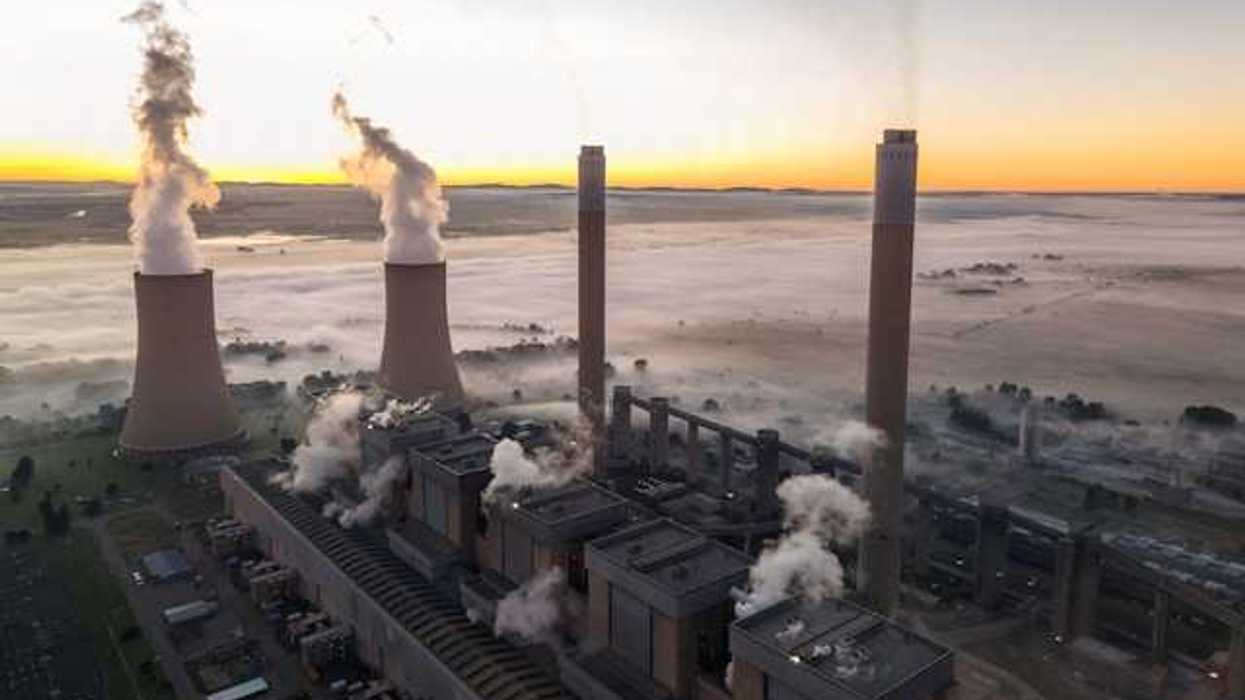In light of evidence linking artificial turf to cancer and other health concerns, the city is urged to reconsider its use in parks, according to a Philadelphia Inquirer editorial.
In short:
- Independent experts have debunked claims that artificial turf can be free of toxic PFAS, highlighting flawed testing methods.
- Instances across the U.S. show a growing concern and action against turf fields due to their potential health risks and environmental impact.
- The Inquirer's Editorial Board advocates for Philadelphia to follow other cities in banning artificial turf, emphasizing the disproportionate risks to children and marginalized communities.
Key quote:
“Their detection limits were way too high, designed to not detect PFAS.”
— Kyla Bennett, former EPA official
Why this matters:
While the industry argues that artificial turf is safe, citing studies that have found no significant health risks, critics call for more comprehensive and long-term research to fully understand the implications. When school systems, universities and colleges, or local governments choose to install artificial turf fields, they seem all bright, shiny green and clean. But how many of those buyers pay attention to the endgame—the disposing of many tons of hazardous waste?


